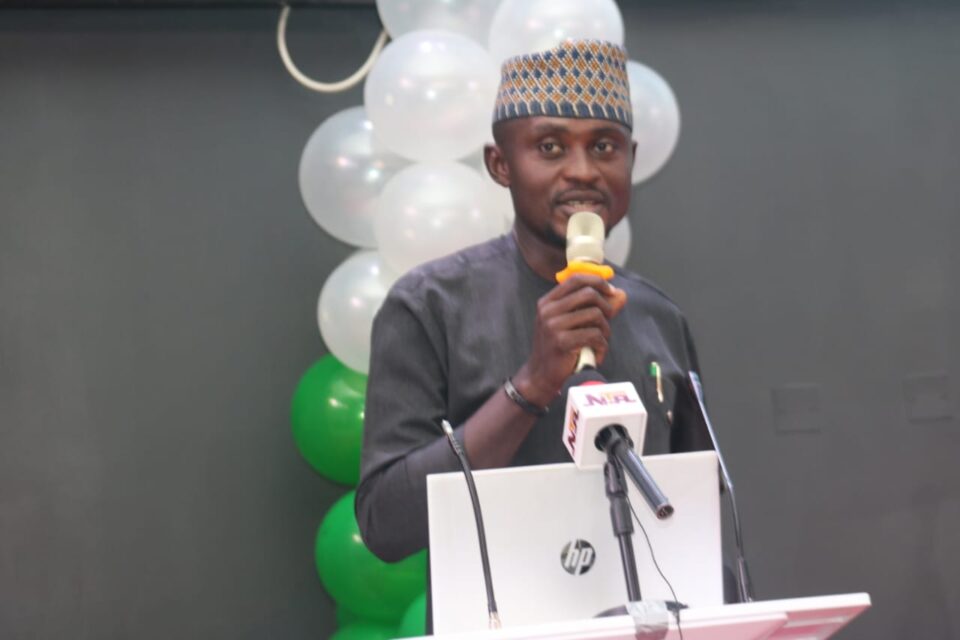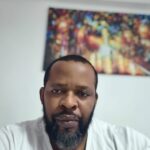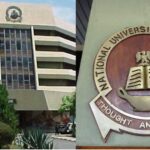By Felix Khanoba
Over 4.9 billion people globally now access the internet, generating and consuming 2.5 quadrillion bytes of data daily.
This staggering data volume poses significant risks in curbing misinformation, disinformation, and mal-information, according to Dr. Suemo Jacob, Head of the Department of Mass Communication at Nile University of Nigeria, Abuja.
Dr. Jacob raised these concerns on Thursday at the Global Media and Information Literacy (MIL) Week workshop held at the National Open University of Nigeria (NOUN) headquarters in Abuja.
The event was organised by the International Media and Information Literacy Institute (IMILI) in collaboration with the Federal Ministry of Information and National Orientation, UNESCO, and NOUN, under the theme, “New Digital Frontier of Information Media and Information Literacy for Public Interest Information.”
A statement by the Director, Media and Publicity of NOUN, Ibrahim Sheme, said the workshop’s guest speaker, Jacob emphasized that 74% of adults now rely on social media as their primary source of news.
While the accessibility of information has democratized media, it also brings challenges in separating credible news from falsehoods.
He warned that the overlap between professional journalism and user-generated content has blurred the lines of information credibility, stressing the need for ethical content creation and responsible digital behavior. Jacob further noted that unchecked information could threaten social cohesion, governance, and public health, referencing the Ebola salt-water hoax in Nigeria as a case study of misinformation’s damaging effects.
During a question-and-answer session, Jacob advised journalists to focus on cultivating reliable sources and practicing fact-based reporting, adding that editorial commentary should only be employed when appropriate, such as through official channels.
“Proper source cultivation helps people engage more effectively, whether they cover physical locations, like the Vice-Chancellor’s office, or sector-based topics like entertainment,” he said.
He also emphasized the importance of balancing free expression with respect for others, noting, “We are free to express ourselves, but where that freedom begins to intrude on another’s privacy or dignity, it becomes a legal issue.”
Jacob advocated for the inclusion of media literacy in primary school curricula to equip children with skills to identify and combat misinformation early.
In his welcome address, NOUN Vice-Chancellor, Professor Olufemi Peters, underscored the university’s commitment to digital education, explaining that NOUN’s teaching model relies on electronic facilitators, reflecting the shift toward digital learning.
“The content we disseminate has a profound impact on society, therefore, we must speak to one another with care because we are communicating with fellow human beings,” Peters said. “This workshop is not just for today; it is for the future. We must continue to champion responsible media use and become ambassadors of truth in the digital age.”
Dr. Lateef Adelakun, Head of Mass Communication at NOUN, expressed gratitude to UNESCO for its pivotal role in supporting the program. He also commended the Ministry of Information and National Orientation for its contributions, while extending special thanks to the Vice-Chancellor for his hospitality.
“This event would not have been possible without the collaborative efforts of all involved,” Adelakun said, as he delivered the vote of thanks.



